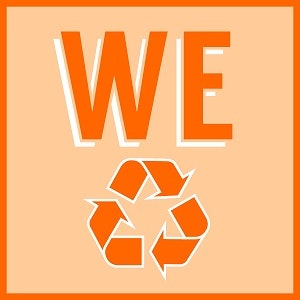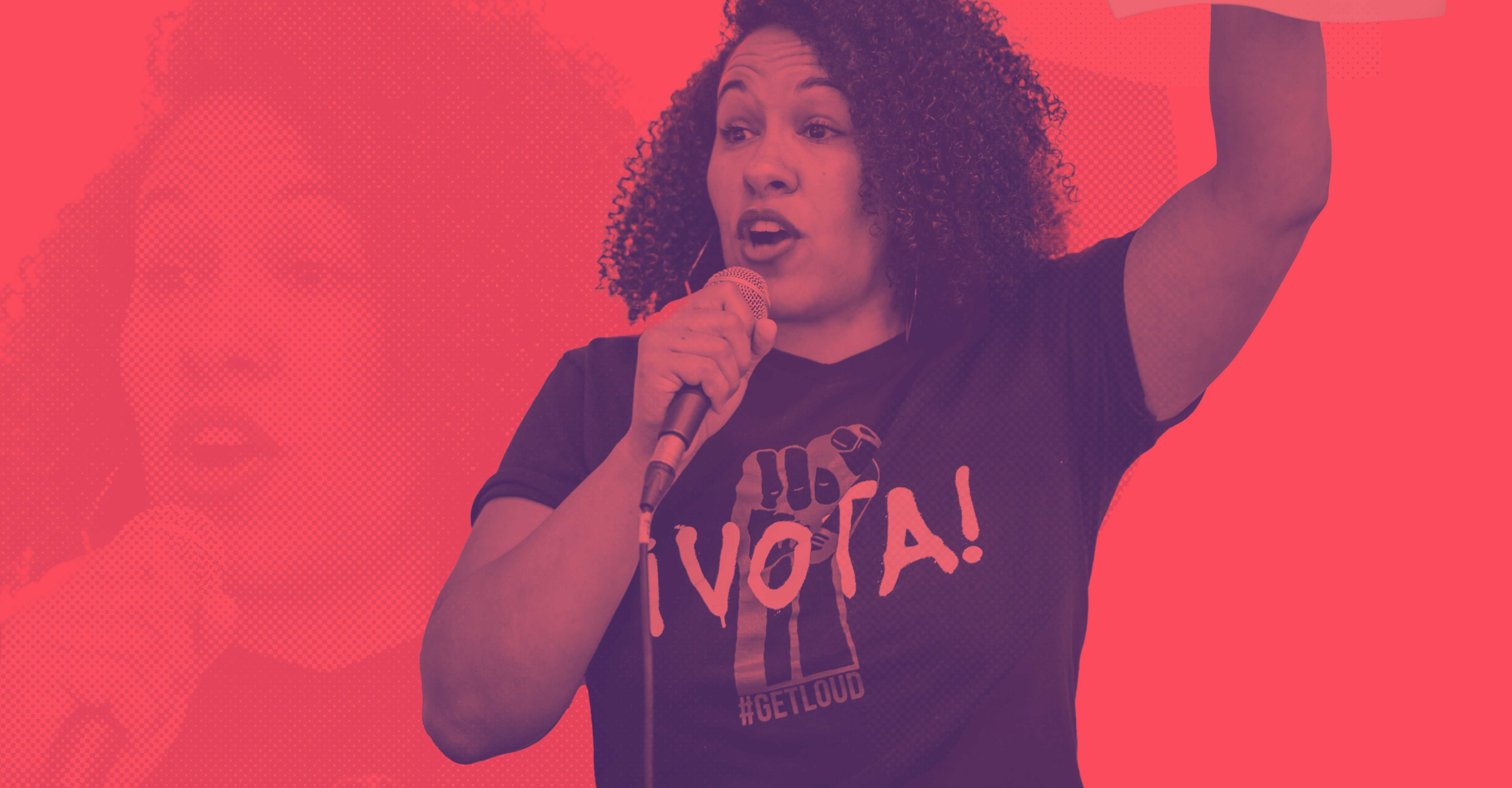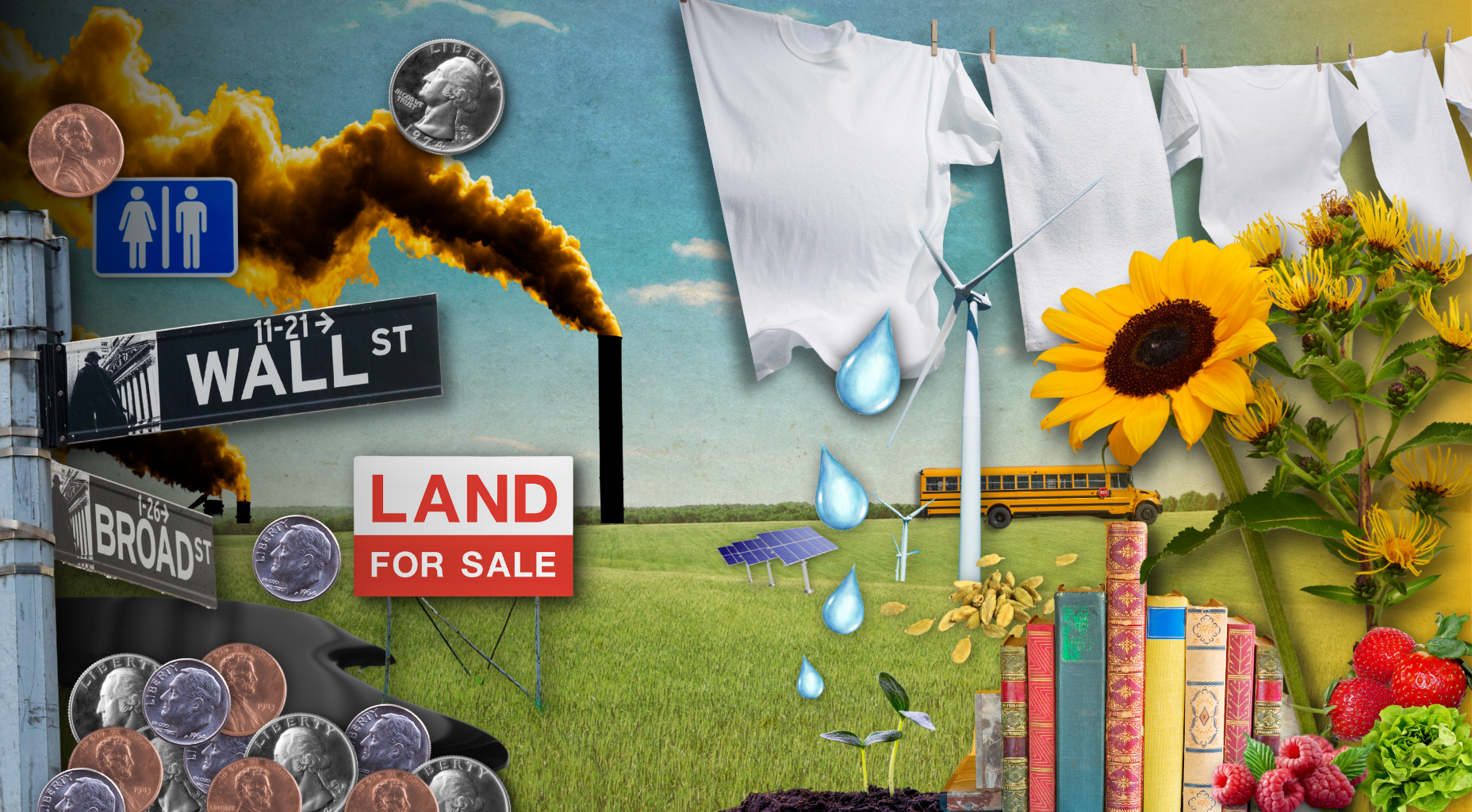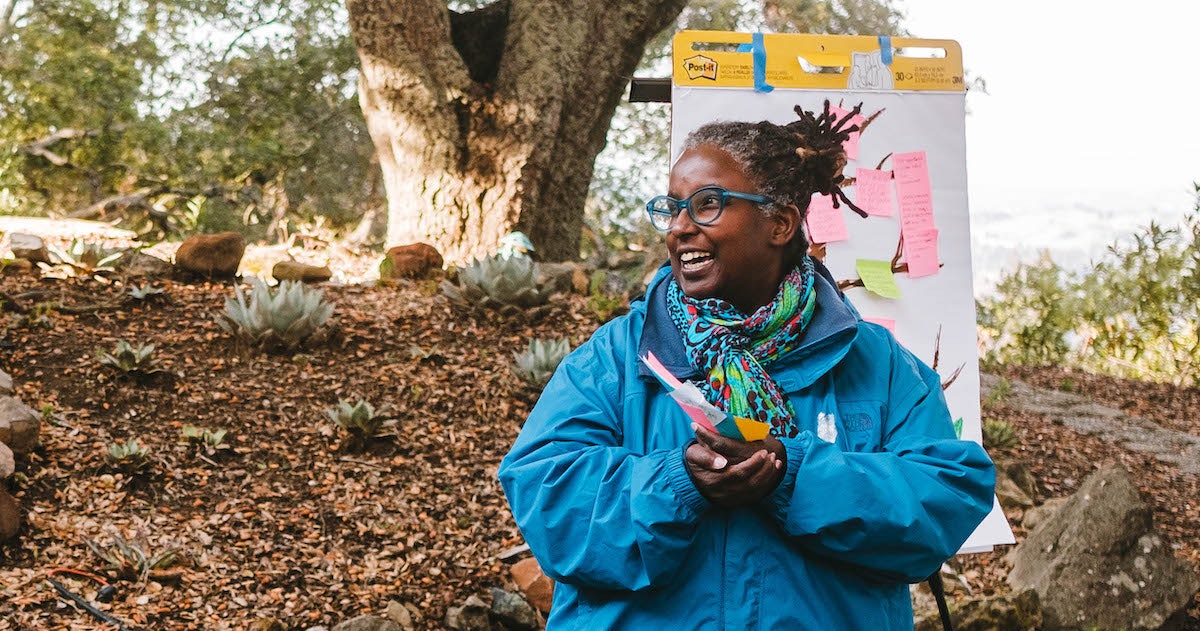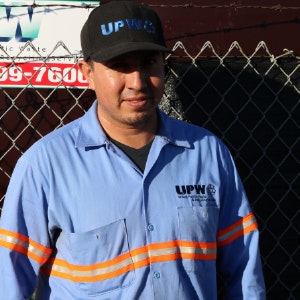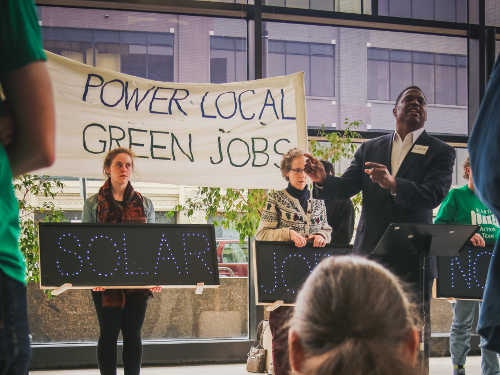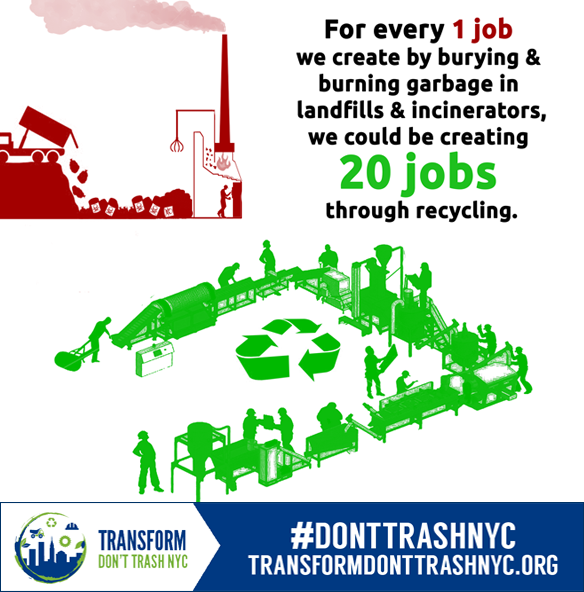By Nikki Fortunato Bas, Executive Director
November 15 is America Recycles Day. Like me, you might wonder what recycling is really about. Is it just making sure to use the right bin? Is it just taking personal responsibility for our planet’s health? That’s part of it: we all discard or recycle something we no longer need every day. Americans throw out about 7 lbs of garbage a day. Recycling reduces waste, but there’s also the potential to transform trash into justice.
At the Partnership for Working Families, we see recycling and zero waste as social solutions at the intersection of two major crises: climate change and economic inequality. And we’re proving that transforming trash is a key step that cities can take as they lead our country toward economic and environmental sustainability. Let me tell you a little bit more about the problem, and then share some of the exciting ways that recycling workers, environmentalists, and communities of color are joining together to transform trash.
Our current waste management practices fuel climate change and environmental injustice at both ends of the waste cycle. On the back end, landfill methane accounts for almost 20% of US greenhouse gas (GHG) emissions. In many cities diesel trash trucks still spew asthma-causing particulate matter and nitrous oxide. And where corporations burn trash (even if they call it waste to energy), they emit toxics into already overburdened communities. Over 20 years ago, I worked on my first environmental justice campaign as a volunteer supporting the Latino farmworker community of Kettleman City, CA. Already host to a hazardous waste landfill accepting carcinogenic PCBs, the community successfully defeated Waste Management’s bid to build a toxic waste incinerator. Today, the community is still organizing to oppose the landfill’s expansion amid concerns that it’s causing birth defects and deaths among children.
On the front end of the waste cycle, the production and movement of goods accounts for 44% of our total GHG emissions. So a critical environmental impact of recycling is actually the emissions we prevent when we don’t extract, transport, and manufacture with virgin natural resources.
Michael Bloomberg, in his capacity as the UN’s Special Envoy for Climate and Cities, recently released a report highlighting the critical role that cities play in closing our emissions gap, and raised waste management as a key area for change. Our own experience on the ground is that cities have lots of policy tools to use in this arena, and they are using them more aggressively as mayors take up the fight against climate change.
Today’s recycling system doesn’t work for workers either. In 2013, refuse and recycling collectors had the 5th highest rate of fatality in the country, making their occupation more dangerous than that of electric power-line installers and construction workers. Recycling workers, often immigrant women and men making minimum wage, face the daily hazards of hand-sorting household and commercial waste that’s blazing by on a conveyor belt, and working in tight spaces near heavy equipment. The waste industry appears to rely on temporary labor and staffing agencies for a significant segment of its labor supply, making it part of the trend toward precarious jobs and the avoidance of employer responsibility that’s eroding what it means to have a job in America.
Here’s the good news: waste and recycling workers, environmentalists and zero waste advocates, communities of color, and climate justice activists are all banding together to transform the trash industry, with some pretty exciting results. Cities have lots of unique policy levers they can use to capture the potential of recycling, and when spurred on by a grassroots movement, they’re doing it!
- In Los Angeles, Partnership affiliate Los Angeles Alliance for a New Economy (LAANE) worked with the Natural Resources Defense Council, Sierra Club, Pacoima Beautiful, the Teamsters, and a coalition of small businesses to win a historic change in the city’s waste system. The new Zero Waste LA program will move LA to 90% waste diversion in the next 15 years, and reduce 94% of particulate matter emissions when the trash fleet converts to compressed natural gas (CNG) by 2017. Now the Don’t Waste LA Coalition is setting its sights on capturing the potential for 20,000 recycling reliant manufacturing jobs that could develop as flows of recycled material increase.
- In New York, Partnership affiliate the Alliance for a Greater New York (ALIGN), together with the NYC Environmental Justice Alliance, the Teamsters, and National Lawyers for the Public Interest, has launched the Transform Don’t Trash NY campaign to get a grip on the city’s commercial waste crisis.
- In the City of Austin, Texas Campaign for the Environment is working with Bob Gedhert, a longtime Zero Waste visionary, in spearheading the creation of a city-owned ReManufacturing Park, estimated to create 1,500 jobs. The Federal Economic Development Administration recently recognized their effort with a million dollar grant to fast track development.
- In cities like Denver, San Diego, and Milwaukee, we’re supporting local efforts to boost recycling and raise standards for recycling workers along with our local affiliates FRESC: Good Jobs Strong Communities,Center on Policy Initiatives, and Citizen Action Wisconsin.
At the Partnership, we’re supporting and adding up these local wins into a national movement to transform trash, and capture the full potential of the recycling industry. Together with partners like the Global Alliance for Incinerator Alternatives, the Institute for Local Self Reliance, and the National Council for Occupational Safety & Health network, we are taking local change to scale and creating a replicable model for cities across the country. Five years from now, with our collective effort, America Recycles Day will mean good jobs, environmental justice, and climate resilience.
